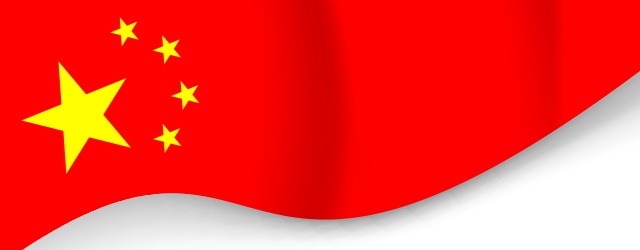Annual Survey | Stars Of China

Nothing has characterized the recent pressure on traditional banking in China more than the challenge posed by Internet companies to the Big Four Chinese Banks
This year’s Stars of China coverage comes amid a season of change in the banking sector. It has not been a placid year for Chinese banks. In the past 12 months, “shadow banking”—financial instruments sold outside the banking system—continued to grab headlines, as credit rating agencies and analysts tried to gauge the actual threat to the system that these assets could create.
The first tacit government bailout of a shadow asset (Credit Equals Gold No. 1 Trust) occurred via a loan from ICBC to trust product seller Huarong Asset Management.
But asset quality in China’s banks is perennially overblown. The most remarkable event in China’s recent banking history is the challenge that Internet companies present to the banks, effectively forcing liberalization onto the table.
Alibaba’s ecommerce success—and the energetic rise of ecommerce companies like Tencent, Baidu and Alibaba-owned Taobao—is a signal that the Chinese market is maturing in unexpected ways. Alibaba’s Yu’E Bao—an online investment fund— was a shock to a complacent banking system.
Customers began deserting the Big Four Chinese banks to deposit their money with Yu’E Bao, which offered higher interest rates for deposits than the traditional banks. In March this year, the Big Four had had enough and began to impose limits on the amount of money customers could transfer to Alipay, Alibaba’s online payment unit. Jack Ma, Alibaba’s founder and chairman, fired back, saying that consumers, not monopolies, should determine the market.
All of this played out, even as the Big Four—represented in this year’s Stars of China by ICBC, Bank of China, and China Construction Bank (Agricultural Bank of China is among China’s Safest Banks)—were busy sharpening their consumer banking competitiveness and vying hard to improve services for corporate clients.
Perhaps it was DBS Bank, the Singapore-based, China-savvy financial institution that made the most out of the new environment, seizing the Best Corporate Bank award for the first time in China (last year DBS Bank won Best Consumer Bank).
Neil Ge, chief executive of DBS Bank (China), told Global Finance, “To adapt to the needs of a dynamic and diverse Chinese market, we have set up specialized teams within our large corporate clients’ segment, to service different profiles of clients in China.”
The bank also moved to become a conduit for Chinese corporates, who are increasingly seeking funding alternatives. “Chinese corporates are getting more sophisticated and are increasingly looking toward both onshore and offshore financial markets for funding to improve their balance-sheet funding efficiency,” says Ge.
THE STARS OF CHINA
DBS Bank also distinguished itself by developing new services for an underbanked sector in China and Asia at large small to medium-size companies.
DBS Bank expects robust growth in the SME segment in China and has taken active steps to invest and grow its one-stop SME banking services, says Ge.
This could well be the crux of the new banking environment in China, reaching customers who need funding but have not been able to find it adequately through the traditional system. The trend is recognized by Michel Löwy, co-founder and CEO of Hong Kong fixed-income specialist SC Lowy, the winner of this year’s Best in Debt Capital Markets (Foreign).
SC Lowy was founded only five years ago when Löwy and Soo Cheon Lee, top investment bankers at Deutsche Bank, left to set up their own firm. Backed by an unusually large balance sheet for its size, SC Lowy has already become a leading trader in secondary loans and bonds.
This year SC Lowy was the co-bookrunner for Hong Kong–listed Chinese property company Redco’s $125 million five-year note issuance, which allowed the company to refinance and continue to invest and grow. Löwy told Global Finance that it was able to build a business because the bulge bracket banks had pulled back on fixed-income services.
“Many banks have had a shrinking credit business because they aren’t able to use large balance sheets [because of regulatory tightening] and they’ve lost talent to hedge funds and middle-market firms,” says Löwy.
“If you don’t have the flows in secondary trading and distribution, it’s going to hurt your primary business as well,” he adds.
Löwy has set his sights on entering the primary business as aggressively as he has the secondary market. “A good first-time issuer is going to have a second or third issue. It’s a corporate relationship that is worth establishing.”
These companies have a way of growing and becoming world-beaters. China is like that.



